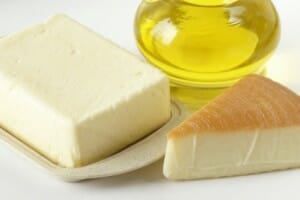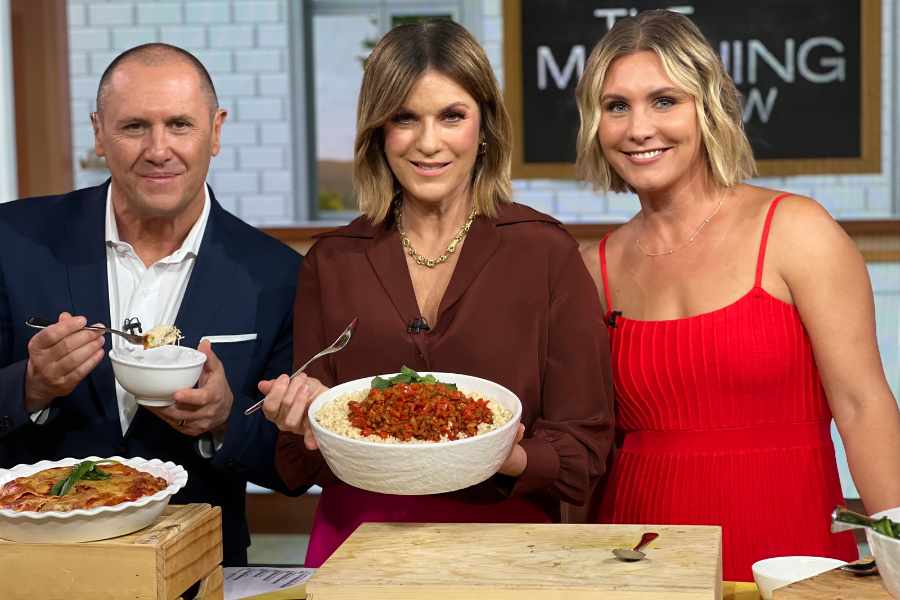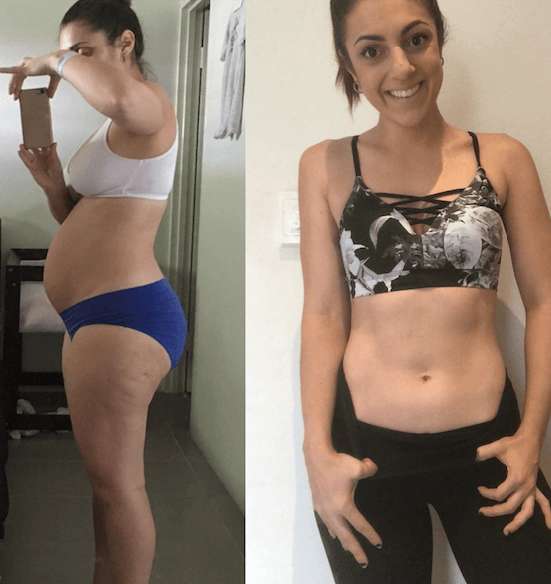Is fat a dirty word?
Fat can be a dirty word, especially when you are trying to lose weight or maintain it. But certain fats are essential to a healthy eating plan.
We explore whether “fat” is truly a dirty word. Delve into the complexities of body image, health, and society’s perceptions of fat in this thought-provoking piece.

It can be a dirty word, especially when you are trying to lose weight or maintain it. But certain fats are essential to a healthy eating plan.
There is so much we can talk about fat, the topic is endless and to geeky me, so interesting. So today we will only go through some of the basics so that we can get into the nitty gritty in the following weeks.
So firstly, let us clear this fat mess up, yes we do need fat each day, even in a healthy eating or weight loss plan. The Australian Dietary Guidelines recommends that 20-30% of you energy intake should come from fat each day and a maximum of 10% should come from saturated fat.
5 reasons we need fat
– Firstly fat is energy. It is the most energy dense macronutrient with 37kJ per gram of fat.
– For the transport of fat soluble vitamins to our small intestine. Without fat, vitamins such as A, D, E and K would not be able to get to our small intestines where the beginning of their absorption into our bodies occur.
– Essential fatty acids, including cholesterol, are important in the structure of our cell walls.
– Fats assist hormone like compounds in the regulation of blood pressure and blood clotting.
– Essential fatty acids such as Omega 3s assist in the reduction of inflammation in the body.
So what are the types of fat out there? The two broad umbrellas of fat are saturated fat and unsaturated fat.
Unsaturated fat
Unsaturated fats are the fats which are often deemed the ‘good’ fats. They are generally liquid at room temperature. They have “double bonds” in their chemical structure which gives the fatty acids their fluidity. Under the umbrella of unsaturated fats comes monounsaturated (MUFAs) and polyunsaturated fatty acids (PUFAs). Monos have one bond and Polys have multiple bonds.
The most well known PUFA is omega 3. Rich sources of omega 3 fatty acids are found in fish or fish oil. Flaxseeds and their oil are also another rich source of omega 3 fatty acids as are sunflower seeds, walnuts, sesame seeds and pumpkin seeds. Both pumpkin seeds and flaxseeds are now part of the Healthy Mummy Smoothie range for their PUFAs and for their fibre, that they are both high in. (Read here to understand more about the ingredients in the smoothie mix)
MUFAs are found in high amounts in avocados, most nuts and seeds as well as canola, olive and peanut oils.
Saturated Fat
Saturated fat is the ‘bad’ fat, although we do still need it (like all fats). Saturated fats have no “double bonds” and therefore their fatty acids are quite rigid. Saturated fats are often solid at room temperature. Although shorter chain fatty acids like coconut oil and palm oil are liquid.
Saturated fat is found predominantly in animal products like dairy (such as whole milk, ice cream, cheese and butter) beef, chicken and mayonnaise.
An excess of not only saturated fat, but all fats, are linked to the increased risk of obesity, cardiovascular disease, type 2 diabetes, colon, prostate and breast cancer. Saturated fats in particular are linked to the increase of cholesterol in your blood levels.
Weight loss and fat
As the macronutrient of fat is the highest in energy, 37kJ per gram (versus carbohydrates which have only 17kJ per gram), it is beneficial in a weight loss plan to reduce your intake of it. But of course that does not mean you can eat sugar by the bucket load. For instance, don’t think you are doing yourself any favours eating low fat, high sugar yoghurts. Like any weight loss plan, the combination of healthy eating. exercise and the balancing of energy intake versus your energy output is the key to success.
When drinking the Healthy Mummy Smoothie range, it is beneficial to use low fat milk products, whether dairy or plant based. The Australian Dietary Guidelines do suggest that all people, over 2 years of age, consume low fat dairy products. But of course like all things, the decision is yours and if you prefer full fat milk, that is fine, just make sure you skimp on some of the saturated fats in other food items so that you can consume overall less saturated fat in your diet.
If you’re starting a weight loss journey, why not book an online consultation with one of Moshy’s expert Aussie doctors? Moshy provides expert support from Australian doctors and dietitians where and whenever you’re free.
Join Moshy today and become part of a community of thousands of women supporting each other on their journey to look and feel their best.










